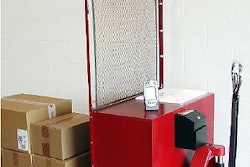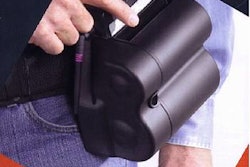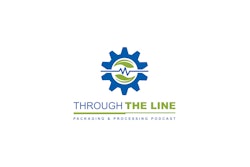The survey asked for insights or opinions about the lack of skilled professionals in the healthcare field. Although several respondents reported this wasn’t a concern, many others felt differently, bemoaning the lack of incentive for students to pursue engineering or science fields. And for professionals in the field, several respondents called for more pay—and respect—for packaging engineers.
“There is no incentive for young people to enter the engineering profession,” noted a respondent with a medical device company. “The engineers that are working in industry are mistreated and undervalued. Salaries for engineers have hardly gone up while the technical job challenges continue to become more intense.”
“One reason may be a fundamental disconnect between college and university curricula and real-world expectations,” reported a respondent from a company that makes solid and liquid-dose pharmaceuticals, biopharmaceuticals, and lyophilized products. “Academe and industry should develop better, mutually beneficial working relationships.”
Another respondent with a pharmaceutical, biopharmaceutial, and medical device maker said, “The slow-moving nature of the industry, plus many non-value-added compliance activities make it hard to attract and keep the right personnel. The attraction to the industry can very quickly be eroded through the mind-numbing compliance activities at the cost of innovation and true development, making many professionals leave for areas more suited to [their] interests.”
Providing another perspective was a representative of a company that makes solid-dose pharmaceuticals. He noted, “The industry is no longer driving the education of new employees. Large industries in the past worked with engineering schools to identify the curricula that would prepare the students to be employees. Industries overlook internal talent many times that would create the engineers they need.”
Several respondents believed U.S. firms should employ more professionals from other countries. “Other industries have done that with success,” noted a respondent with a medical device manufacturer. Some respondents decried the process.
Another medical device respondent added, “My two most recent hires have been engineers from outside the U.S. who obtained their higher education here. It seems like everyone is looking for a work visa after getting a higher education in the U.S. I’m surprised at the low percentage of candidates I get that are native citizens.”
A respondent with a company that makes both pharmaceuticals and medical devices told Packworld.com: “Companies are moving offshore and using [offshore] engineers. The pendulum will swing when those engineers figure out that they should be getting better pay and benefits. The U.S. engineers need to continue to grow and find a technical niche that no one else has.”
Asked what functions their companies currently outsource or plan to outsource, 36% of respondents cited manufacturing and packaging, 22% said packaging only, 20% package design, manufacturing, packaging, and distribution, and 6% listed manufacturing only. Twenty-seven-percent listed “other” functions as slated for outsourcing. More than one response was permitted.
A respondent from a maker of solid-dose and liquid pharmaceuticals stated, “The pharmaceutical industry is focused on two things—drug development and marketing. Unlike high-tech industry engineers who invent the products, pharmaceutical [packaging] engineers [get] no respect or visibility. When something needs to be put right, the engineers are called in to save the day, but are driven back into the wallpaper as soon as the problem is resolved.”
See the main story that goes with this sidebar: Survey says validation tops packaging issues


























